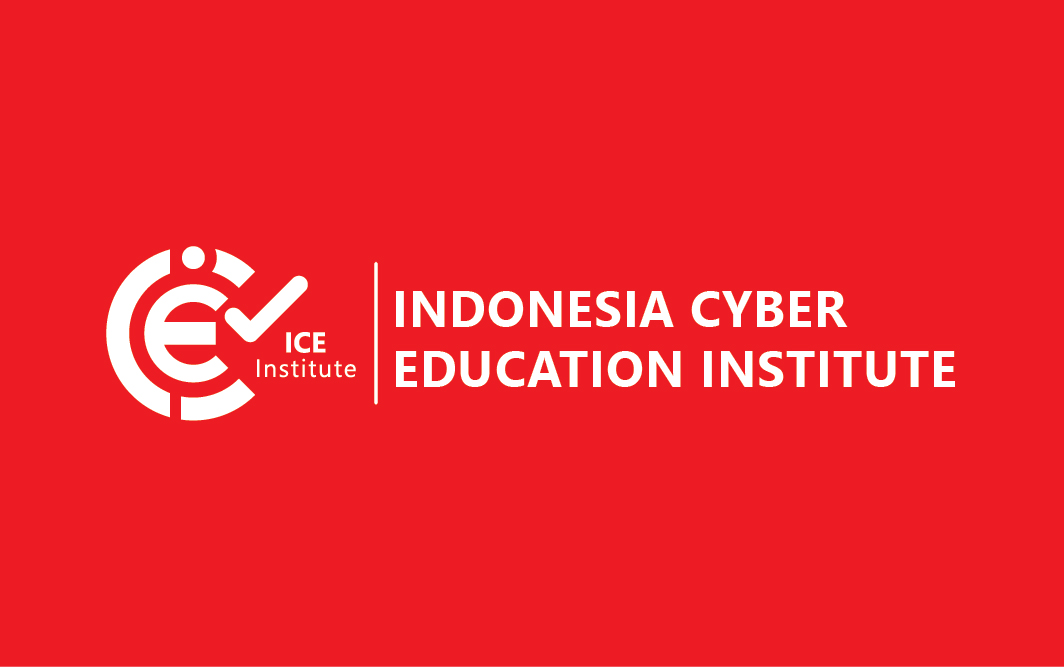
Welcome to Family Business Management Course
Mata Kuliah : Family Business Management
University: Universitas Pelita Harapan, Jakarta-Indonesia
Course Characteristic : Self Paced
Course Level: Basic
Learning Hours: 8 week @ 120 min/ week = 3 Indonesian Credit System
Credits : 3 Indonesian Credit System
COURSE DESCRIPTION :
In this course, students will be able to understand various conditions in businesses specifically owned by family, thinking and acting upon those conditions in order to create a more successful and sustainable family business. This course is created for both students with or without family business backgrounds. In the beginning of this course, students will be exposed to the differences between professional and family run companies. Students will also need to know why and how to manage various challenges, issues, and conflicts in family business. Along the course, students will know how to manage family business in a broader sense by acknowledging elements in family business and create steps to act upon those elements. Transition of power in family business succession will be addressed to make students aware on these matters. At the end of the course, students will be gain a global perspective: The interaction between globalization, cultures, and nationalities to family business.
LEARNING OBJECTIVES:
- Students are able to understand and explain the uniqueness of family business.
- Students comprehend the complex issues and challenges faced by family businesses.
- Students apprehend the complex situations to utilize structural planning to diminish them.
- Students extend their knowledge and understanding to nurture the next generations for succession.
SYLLABUS:
Modul 1 : Why is Family Business unique?
Modul 2 : Issues and Challenges in Family Business Management
Modul 3 : How to Minimize the Issues and Challenges?
Modul 4 : How to Nurture Succession for Longevity?
Course Staff

Dr. Jacob Donald Tan, B.B.A., M.B.A.
Dr. Jacob Donald Tan, B.B.A., M.B.A. is a Lecturer in Management Studies Program. He teaches Family Business courses; Introduction to Entrepreneurship New Business Development; Professionalism in Entrepreneurship; Creativity-Innovation-Design; Strategic Management. He holds bachelor's and master's degrees from Dallas Baptist University and a doctorate from Pelita Harapan University.
Work Experience:
- International Student Specialist (Dallas Baptist University)
- Assistant Property Manager(T.K. Eng & Asscoaites Investment Group)
- Head of Department of Social Sciences (IPEKA International School)
- Business Manager (Springfield International School)
- School Director (Global Nusantara)
- Chief Officer (Dewan Studi New South Wales)
- Director (Commerce Company)
- RMIT Program Manager (UPH-RMIT)
- Deputy Head of Department (MM UPH)
- Head of program (S1 UPH)
- Family Business Consultant
Journal Publication:
- The Panorama of Succession: Nurturing Transgenerational Entrepreneurship in Family Business (Parent-Child Dyad) [Buku]
2020 (Edisi 1) & 2021 (Edisi 2) - Nurturing Transgenerational Entrepreneurship in Ethnic Chinese Family SMEs: Exploring Indonesia
Journal of Asia Business Studies, 2019 - Co-Innovation: A Review and Conceptual Framework
International Journal of Business Innovation and Research, 2018
Course's Feedback
4.67/5
6 assessment(s)







